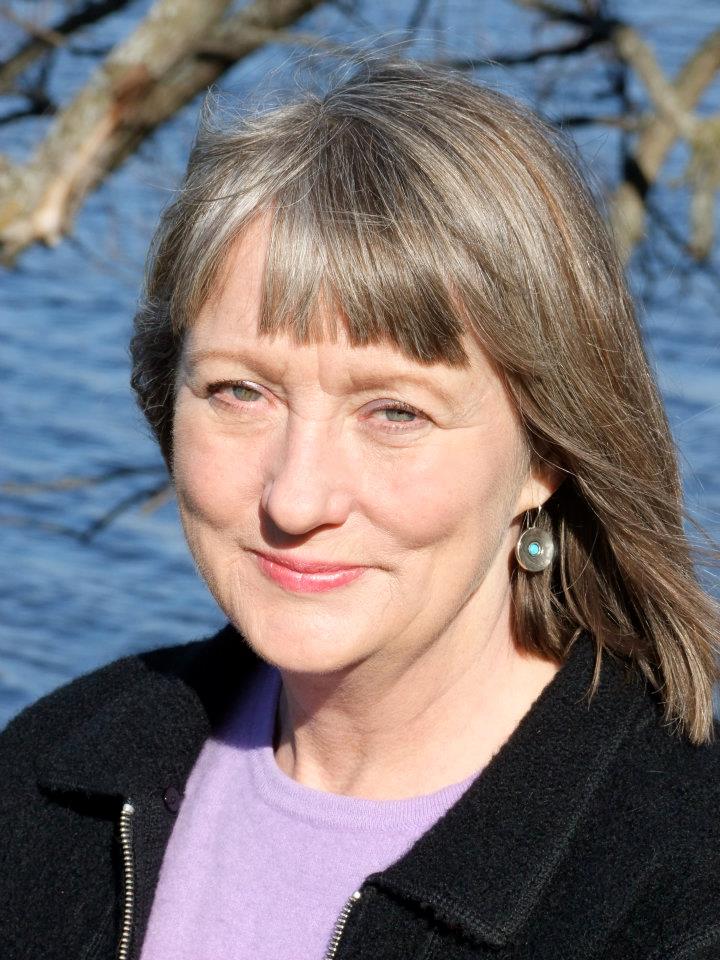
Christine’s Story
Christine McKay, a 67-year-old retired mental health and addiction therapist, has been reflecting on her 12-year journey with lobular breast cancer. Living semi-rurally with her partner and dog, she dedicates much of her time to lobular breast cancer research and advocacy, balancing it with her love of travel, gardening, and reading.
At 56, Christine’s cancer journey began not with a palpable lump, as is often the case, but with subtle changes: nipple retraction and peau d’orange skin. Recognizing these as potential warning signs, she promptly consulted her family doctor. The diagnosis process was efficient. Within two weeks, and after emphasizing the urgency to the Breast Health Clinic in Ottawa, she received her diagnosis, stage 3C, advanced breast cancer.
Christine feels fortunate to have received her diagnosis 12 years ago, noting that care at the time was streamlined and efficient. She’s aware of the current challenges faced by others, particularly in British Columbia, where limited radiation capacity can lead to patients being sent to the US for treatment. Her semi-rural location necessitated travel for some of her care—82 kilometers round trip to the cancer center and 140 kilometers round trip for radiation therapy.
Christine’s cancer experience transformed her into a passionate patient advocate. She founded a Facebook group for Canadians with lobular breast cancer and actively participates in research advocacy for various funding projects. She has witnessed the evolving landscape of cancer care, observing both improvements and concerning care gaps, particularly for those in rural areas.
Her experience caring for her sister with cancer showed Christine the glaring care gaps that exist in Canada’s cancer care system, particularly the significant financial burden that comes with a cancer diagnosis.
When her sister was diagnosed with a rare liver cancer, Christine took a leave from work to care for her, a leave that ultimately became permanent. She saw first-hand the lack of flexible, part-time options and the absence of long-term disability support, which would have allowed her to continue working while providing care. Her sister also took on significant financial stress, spending $1,500 out-of-pocket annually for medications.
The stringent requirements of the federal Disability Tax Credit also presented challenges for Christine and her sister, leaving them and many other patients without crucial financial support.
Recalling her sister’s rapid decline and death just nine months after her diagnosis, Christine wants to continue raising awareness for rare cancers like bile duct cancer.
Above all, Christine is calling for action at all levels of government to address the financial burden of a cancer diagnosis on people in Canada living with cancer.
The provincial government in B.C. should invest in improving equitable access to treatments under the provincial drug program so patients do not have to pay thousands of dollars in out-of-pocket costs and the federal government must look at the stringent requirements of the federal Disability Tax Credit to address the barriers it presents for people in Canada living with cancer.
There are far too many similar stories as people in Canada are waiting to be a priority. Cancer Action Now is working to bring forward challenges experiences by people in Canada living with cancer in accessing timely, high-quality cancer care, and calling on policy makers to make cancer care a priority.
Join the effort by signing up here. Stay connected by following us on Twitter, Instagram and Facebook.